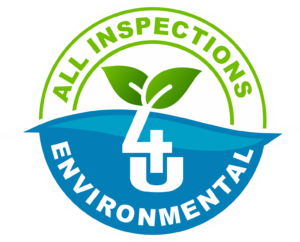Electrical Inspections

AVAILABLE SERVICE IN MIAMI, BROWARD & PALM BEACH COUNTIES
Checklist for an Electrical Inspection
The Electrical Safety Foundation recommends an electrical inspection on four conditions: upon purchasing a home, when a home is 40 years or older, if an appliance has been added, and when a home has had a major renovation. In any situation, a licensed electrician must perform the electrical inspection. While an electrician tests several electrical components, in general, a homeowner, renter or homebuyer has several items he can inspect visually.
Safety
The National Fire Protection Agency estimates that electrical failure or malfunction caused more than 144,000 house fires between 2007 and 2011. While an electrical inspection may not be required when buying a new home or making major renovations to an existing home, it can reveal electrical deficiencies, and prevent fire hazards.
Electrical Service Panel
Every home has an electrical service panel. It may be located on the exterior of the home, in the garage or basement. The panel contains fuses or circuit breakers. The panel and its components must be reviewed for age, dark or smoky residue, and wear and tear. If the panel contains outdated round fuses, these should be replaced by a licensed electrician with circuit breakers switches. If the service panel is rusty or worn, it should be replaced as well.
Wiring
In general, a home that contains round fuses at the service panel may give clues to the general age of the home’s wiring. Older homes built before 1950 may contain knob-and-tube wiring. Homes built between 1965 and 1973 may contain aluminum wiring. Both types of wiring have unique safety and performance characteristics and could be more challenging to insure. Homebuyers should be aware of this issue and homeowners should consider replacing the home’s wiring for improved safety and marketability.
Wet Area Outlets
Wet areas, including bathrooms and kitchens, must have ground fault circuit interrupters installed. Additionally, light switches must be several inches away from water. Outside outlets must also have GFCIs installed. In general, GFCIs must be installed in any area where water could be present. Homeowners are advised to test GFCIs periodically; homebuyers should check them during the home walk-through before closing.
Interior Outlets and Lighting
Whether a home is up for sale or currently occupied, interior outlets, light switches, appliance cords and GFCIs must be routinely tested and visually inspected. Loose outlets must be tightened or replaced and cords must fit snugly. Outlets should be visually inspected for black smoke and cool to the touch. A licensed electrician must inspect any humming noises or switching sounds around outlets or lighting.
What we inspect
- We inspect ALL accessible outlets and switches for normal operation
- Outlets are tested for safety and security and for any evidence of open grounds or poor connections
- Types of wiring in the property, example cloth wiring
- Normal functions of electrical panels and breakers
- Main breaker capability
- All electrical panels present
- Main entrance to property
- The inspections are on a need basis and tailored for the customer needs
To schedule an inspection, call (954) 802-8524
Call (954) 802-8524
SCHEDULE AN INSPECTION TODAY


